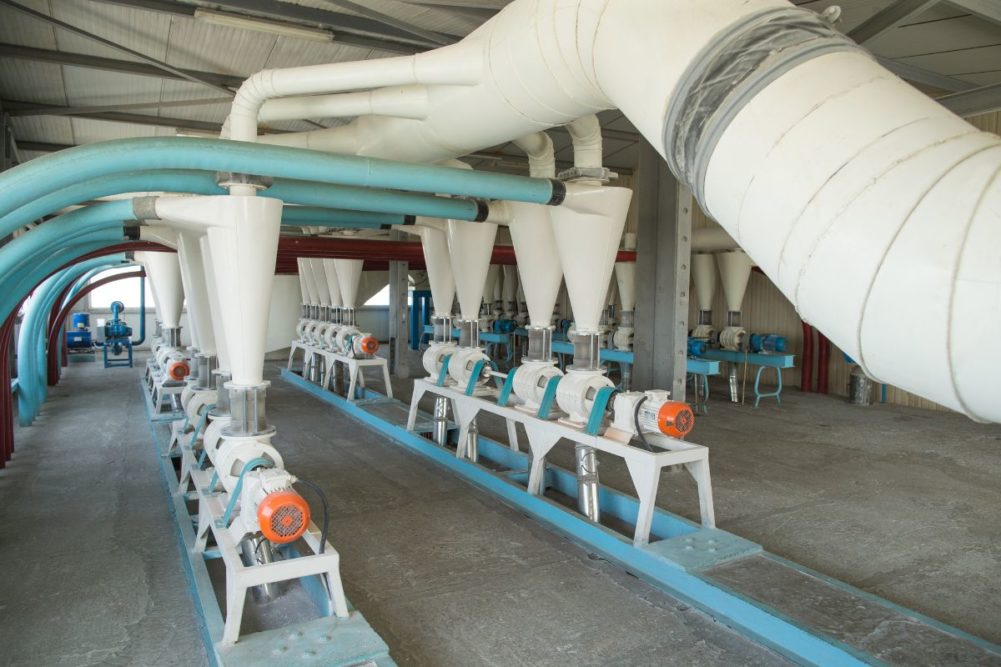LONDON, ENGLAND — Among the key findings in the UK Flour Millers’ first annual review was that flour millers in the United Kingdom have significantly reduced their energy consumption over the past 15 years.
The review, released last week, found that during that time energy consumption per 1,000 tonnes of grain milled declined by nearly 10%.
Examining the UK’s flour milling industry in 2023, the review showed:
- the industry produced 3.8 million tonnes of flour by grinding 4 million tonnes of wheat;
- the flour milling businesses generated a combined annual turnover of £2 billion ($2.51 billion);
- Approximately 2,000 people worked in flour mills in the UK;
- Flour was used in approximately one-third of foods sold in UK supermarkets.
Investment in the industry continues to climb, the study said, with £270 million invested over the last 10 years, including in five new mills.
“As a country we are essentially self-sufficient in flour,” said Alistair Gale, chief executive of UK Flour Millers. “Our first annual review highlights this, alongside the fantastic, skilled people who work, day in day out in mills across the country underpinning food security and nourishing the nation, providing 20% of people’s daily energy intake.
“Our members are investing in both people and technology to ensure that this key ingredient, fundamental to the nation’s diet, is made as efficiently as possible to exacting quality standards.”
Among the highlights of 2023 was the best health and safety performance in seven years and the graduation of six students from UK Flour Millers’ Advanced Milling Diploma, equipping them to be future managers. More than 30 apprentices are in training across the businesses, and at least 10 more are set to be taken on in the coming year.
“Working together in partnership is set to be critical for the future,” Gale said. “In the context of climate change and continued geopolitical uncertainty, this will help underpin food security. Working along the supply chain, from farm to mill to bakery and with partners in research, trade and regulators, we will be able to make progress faster by working together.”






